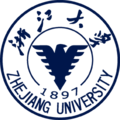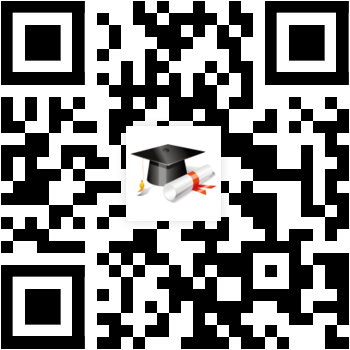2015年士MPA联考英语阅读练习及答案
来源:在职研究生招生信息网 发布时间:2015-08-10 14:40:54
2015年士MPA联考受到各界在职人士的欢迎,报考的人员有很多。现阶段广大考生们也在紧张的备考中。下面是中国在职研究生招生信息网的老师为大家整理的公共管理在职研究生英语考试的练习题,希望可以帮助到大家。
In ancient times the most important examinations were spoken, not written. In the schools of ancient Greece and Rome, testing usually consisted of saying poetry aloud or giving speeches.
In the European universities of the Middle Ages, students who were working for advanced degrees had to discuss questions in their field of study with people who had made a special study of the subject. This custom exists today as part of the process of testing candidates for the doctor's degree.
Generally, however, modern examinations are written. The written examination, where all students are tested on the same question, was probably not known until the nineteenth century. Perhaps it came into existence with the great increase in population and the development of modern industry. A room full of candidates for a state examination, timed exactly by electric clocks and carefully watched over by managers, resembles a group of workers at an automobile factory. Generally, during examinations teachers and students are expected to act like machines.
One type of test is sometimes called an "objective" test. It is intended to deal with facts, not personal opinions. To make up an objective test the teacher writes a series of questions, each of which has only one correct answer. Along with each question the teacher writes the correct answer and also three statements that look like correct answers to students who have not learned the material properly.
1. In the Middle Ages students ______.
A. took objective tests
B. specialized in one subject
C. were timed by electric clocks
D. never wrote exams
参考答案:D
2. The main idea of paragraph 3 is that ______.
A. workers now take examinations
B. the population has grown
C. there are only written exams
D. examinations are now written and timed
参考答案:D
3. The kind of exams where students must select answers are ______.
A. personal
B. spoken
C. objective
D. written
参考答案:C
4. Modern industry must have developed ______.
A. before the Middle Ages
B. around the 19th century
C. in Greece or Rome
D. machines to take tests
参考答案:B
5. It may be concluded that testing ______.
A. should test only opinions
B. should always be written
C. has changed since the Middle Ages
D. is given only in factories
参考答案:C
After a busy day of work and play, the body needs to rest. Sleep is necessary for good health. During this time, the body recovers from the activities of the previous day. The rest that you get while sleeping enables your body to prepare itself for the next day.
There are four levels of sleep, each being a little deeper than the one before. As you sleep, your muscles relax little by little. Your heart beats more slowly, and your brain slows down. After you reach the fourth level, your body shifts back and forth from one level of sleep to the other.
Although your mind slows down, from time to time you will dream. Scientists who study sleep state that when dreaming occurs, your eyeballs begin to move more quickly (although your eyelids are closed). This stage of sleep is called REM, which stands for rapid eye movement
If you have trouble falling asleep, some people recommend breathing very slowly and very deeply. Other people believe that drinking warm milk will help make you drowsy. There is also an old suggestion that counting sheep will put you to sleep!
1. A good title for this passage is ___.
A. Sleep
C. Dreams
B. Good Health
D. Work and Rest
参考答案:A
2. The word drowsy in the last paragraph means ___.
A. sick
C. asleep
B. stand up
D. a little sleepy
参考答案:D
3. This passage suggests that not getting enough sleep might make you ___.
A. dream more often
C. nervous
B. have poor health
D. breathe quickly
参考答案:B
4. During REM, ___.
A. your eyes move quickly
C. you are restless
B. you dream
D. both A and B
参考答案:D
5. The average number of hours of sleep that an adult needs is ___.
A. approximately six hours
C. about eight hours
B. around ten hours
D. not stated here
参考答案:D






















